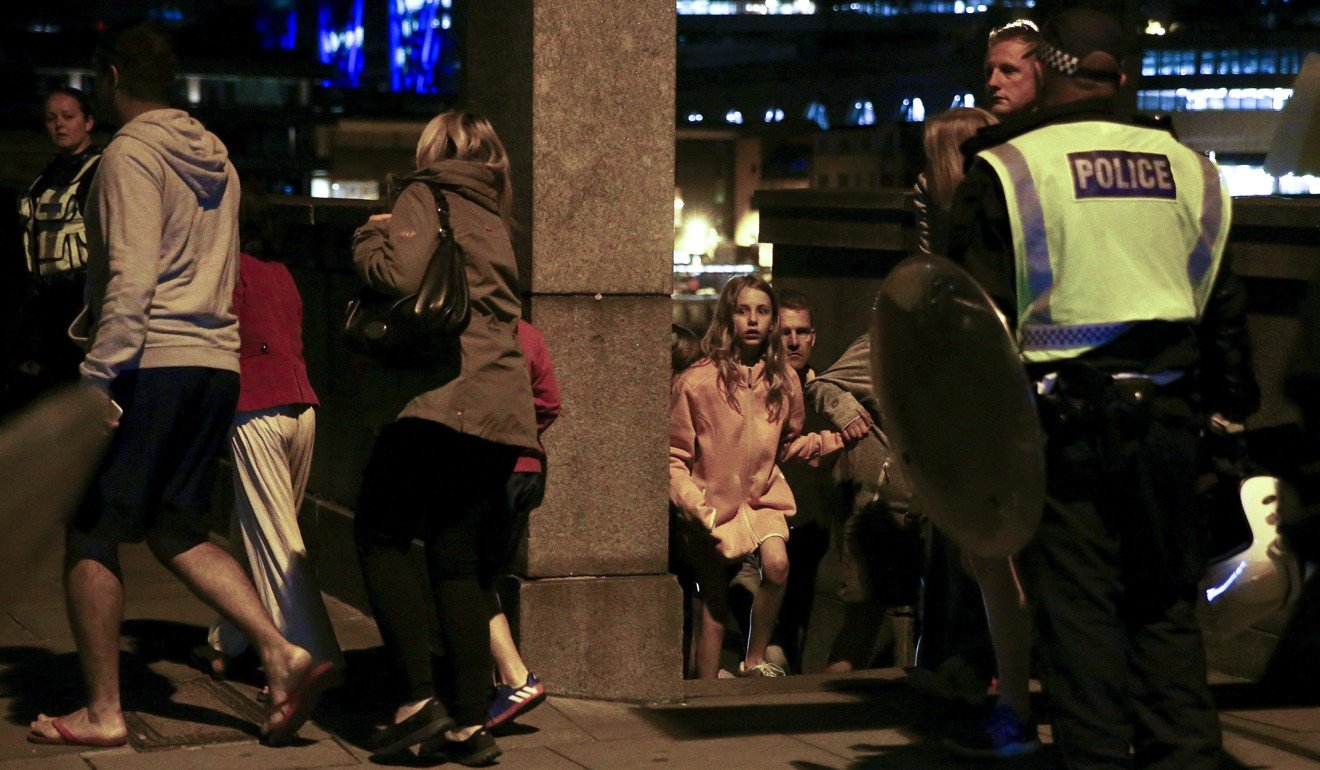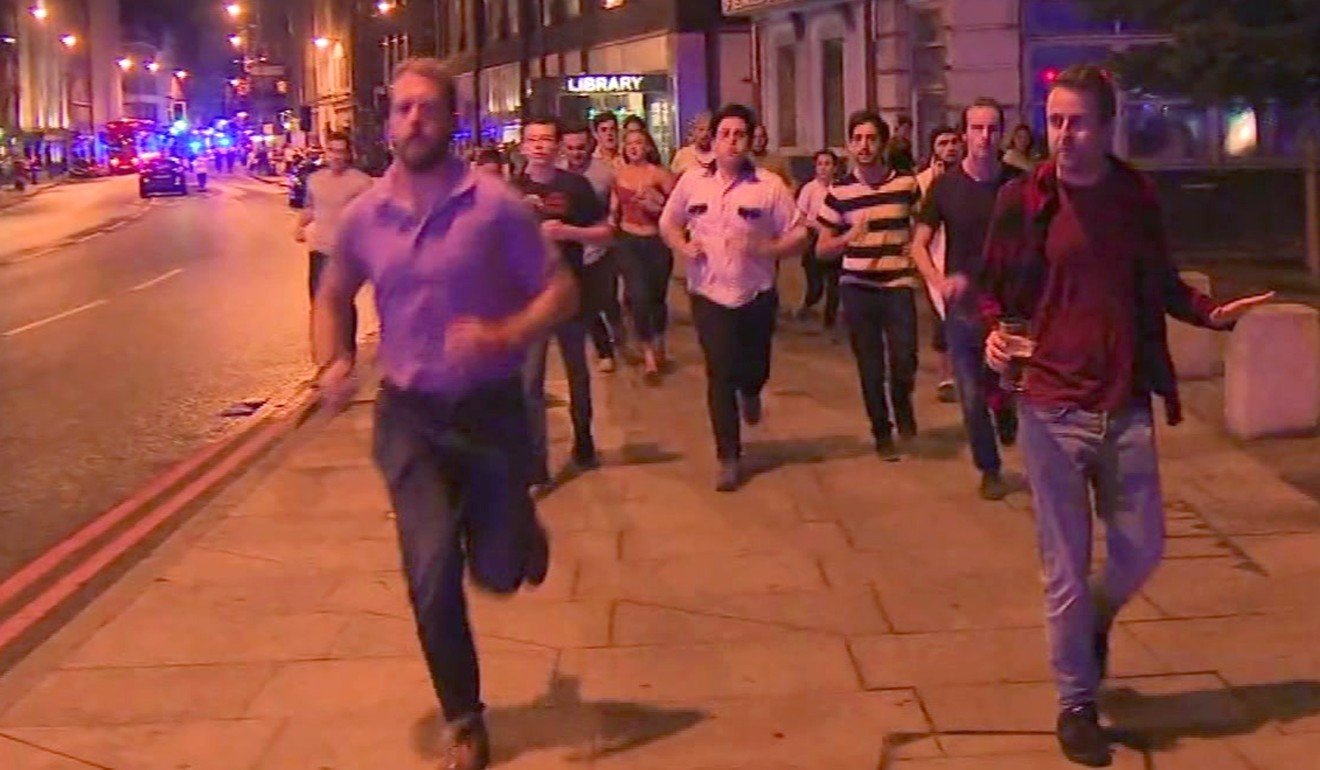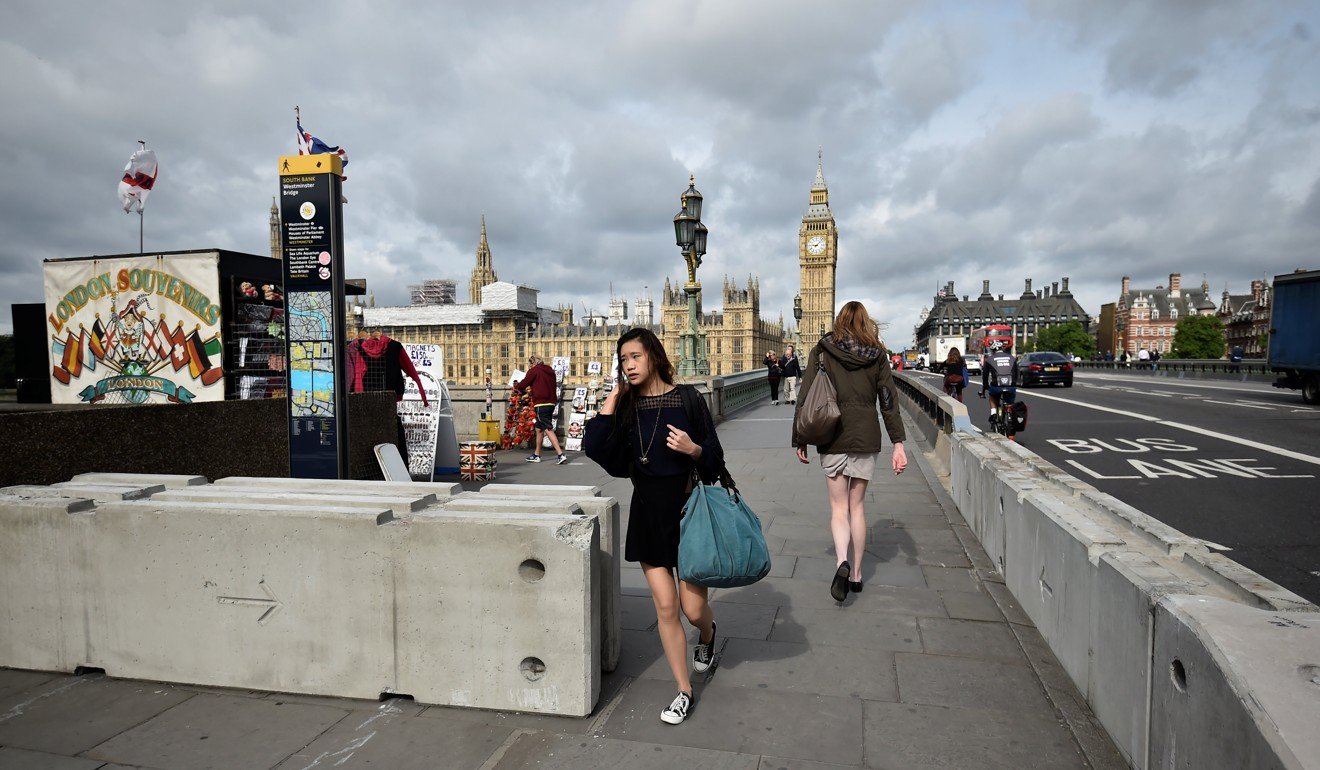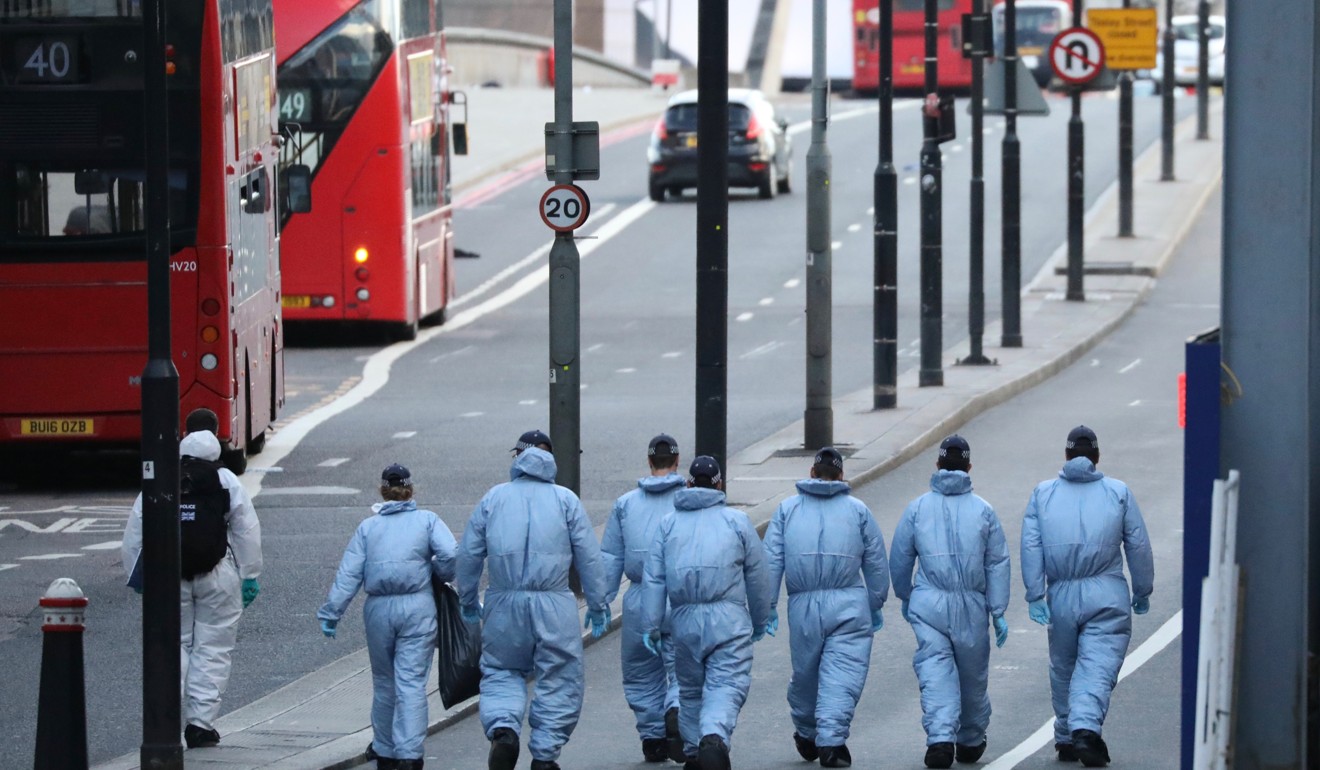
London Bridge terror: What Britain has to learn from Turkey
To combat ‘lone wolf’ terrorist attacks, societies must first undermine the networks from which they gain inspiration
The increasing frequency of suicide attacks in Europe and Asia – as seen most recently in London – suggests a clear degree of failure on behalf of law enforcement agencies to detect and decapitate terrorist networks.
It is true that not all attacks are directly the work of terrorist networks – the three men who drove a vehicle into pedestrians on London Bridge before going on a knife rampage at the weekend are understood to have been acting as so-called ‘lone wolves’, for instance.
Yet even in such cases, lone wolves draw their inspiration and methods from wider networks that take the lead in articulating their ideological causes.
The experience of Turkey shows that the problem is not without solution, however. Turkey has struggled recently with terror attacks – the country saw more than 500 terror-related casualties between early 2015 and mid 2016 – yet it appears now to have got a hold on the problem.

One must remember that Turkey is surrounded by regions struggling with terrorism. Yet Ankara, Istanbul and Izmir – three of the country’s biggest cites – have remained largely terror-free since the turn of the year when a gunman killed 39 people in the Reina Nightclub in Istanbul.
Turkey’s experience suggests the focus should be on attacking terrorist networks first, then dealing with the lone wolves later.
Islamic State lone wolves: the risk in Hong Kong’s strategy
Turkey’s philosophy is to uncover terror networks and decapitate their leadership, the thinking being that when terrorists cannot nestle together in networks, the prospect of lone wolves being inspired by said networks diminishes.
When a network’s leadership is taken out, the authorities then pressure the rank and file members, forcing them to go on the run to prevent them from rallying to launch revenge attacks.
The focus then switches to denying them the capacity to grow again, preventing them from recruiting more people online or in different locales.

Assaulting the financial and ideological bases of terrorist groups in turn diminishes the amount of inspiration that lone wolves have to draw on. It puts under pressure the lone wolves’ beliefs that they are ideological brothers in arms with any greater network.
This false solidarity has to be broken – the idea of a militant Caliphate cannot be allowed to take hold, as it seeks to upend the world order completely.
Hearts and minds campaigns also play a role, but a secondary one only. Hard power – both military and police work – must precede all other tactics, or the zealots cannot be contained.
What a stronger Erdogan means for China
The limitations of a hearts and mind approach arise from its necessarily long-term horizon. Hearts and minds implies patience, whereas law enforcement must be carried out on a day to day basis to prevent terrorist incidents from becoming a wave. Thus such an approach must be used only as a supplement to others.
The latest attacks in Britain – the likes of which have been witnessed in both Europe and Asia in recent weeks and months – suggest a form of terrorism that has become crude and desperate.
Vans and knives are used. To the degree bombs were involved, they were home-made, as was the case in Manchester.

This suggests terrorists are scraping the bottom of the barrel. They are not using machine guns, biological agents like Anthrax or small pox, or other weapons with a high yield of killing, such as a radiological or chemical weapons.
Terrorism is, after all, the weapon of the weak. It is used by desperate people willing to advertise their causes by any means necessary.
In dealing with such people, governments must take care not to develop a kind of Stockholm syndrome, by sympathising with the terrorists’ causes. This is what tempts some governments into putting too much emphasis on hearts and minds campaigns.
Given the increasing regularity of terrorist incidents, what is instead required is an immediate push back.

Only when the waves have crested should governments switch to a softer mode, at which point terrorists cowed by fear are more likely to accept the governments’ narrative that terrorism is evil.
Before then, law enforcement agencies must exert the will of the state on behalf of the greater good of society, to prevent innocent people from being killed. Learning from Turkey in this regard would help.
The mayors of London, Jakarta, Manila, Paris, and all major cities must unite.
How many ways did North Korea get away with murder?
More importantly, their societies must not panic but be vigilant to the terrorists’ tendencies to try anything that can yield a kill.
The more primitive the weapons, the more desperate the terrorist cells have become. The more desperate the terrorists become, the more likely they are to perpetrate lone wolf attacks.
Which is why the focus must always remain on disrupting and destroying the networks that inspire them.

